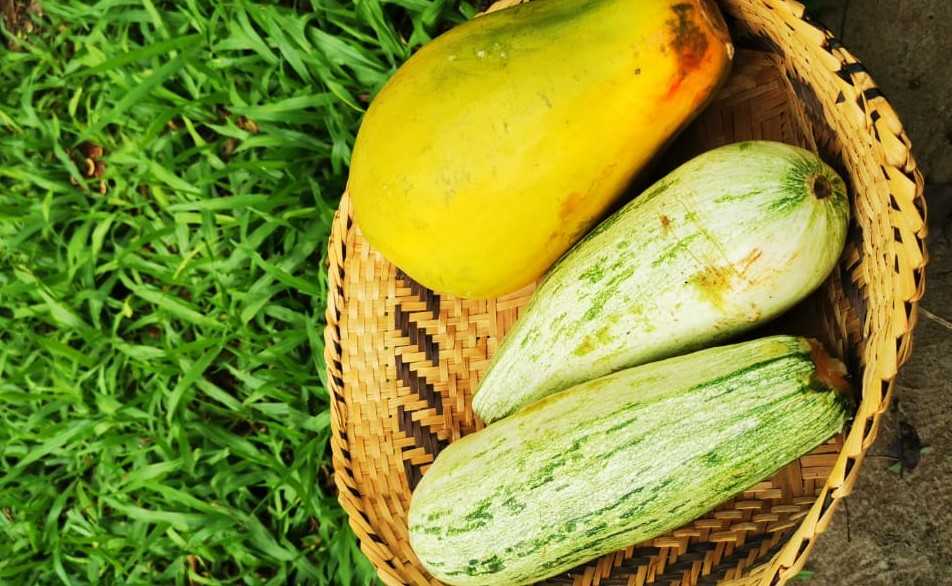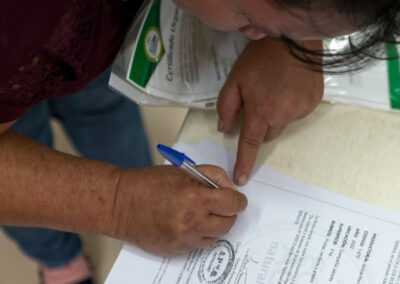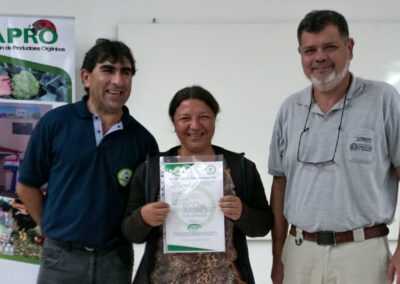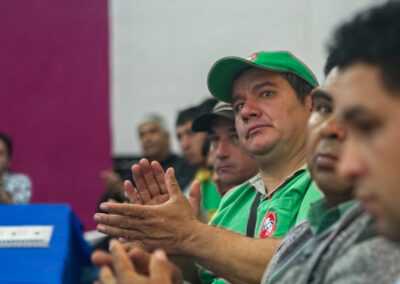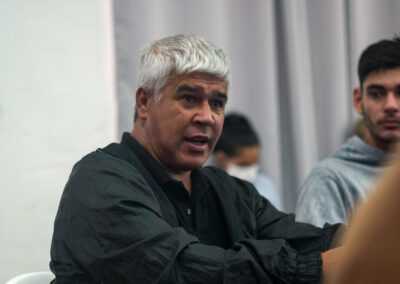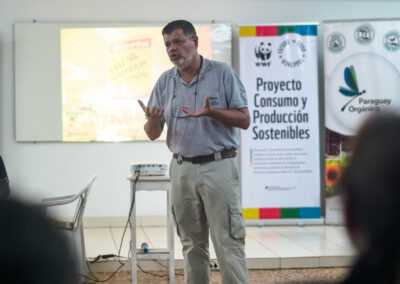Future Food Together supports farmers in Northern Thailand and Paraguay in joining alternative certification systems for organic agriculture. Our project teams in both countries focus on developing organic agriculture as a strategy to reduce the environmental footprint of current input-intensive production practices.
Alternative certification schemes
In recent decades, certification and sustainability standards have become increasingly important in the global governance of production and trade. However, the growth of certifies products has been inhibited by limiting factors such as high costs for small producers. Further, a homogenization of organic standards and verification procedures led to a decrease of agency on the part of the farmers themselves. A variety of stakeholders have sought alternative certification schemes that are better adapted to the needs and circumstances of specific local contexts. Participatory Guarantee Systems (PGS) aim to shift authority from technical specialists to a multi-stakeholder group, with a strong emphasis on involving all stakeholders in the development of standards and control mechanisms. Future Food Together recognizes these challenges and hence supports alternative certification models through collaborating with local non-governmental organizations.
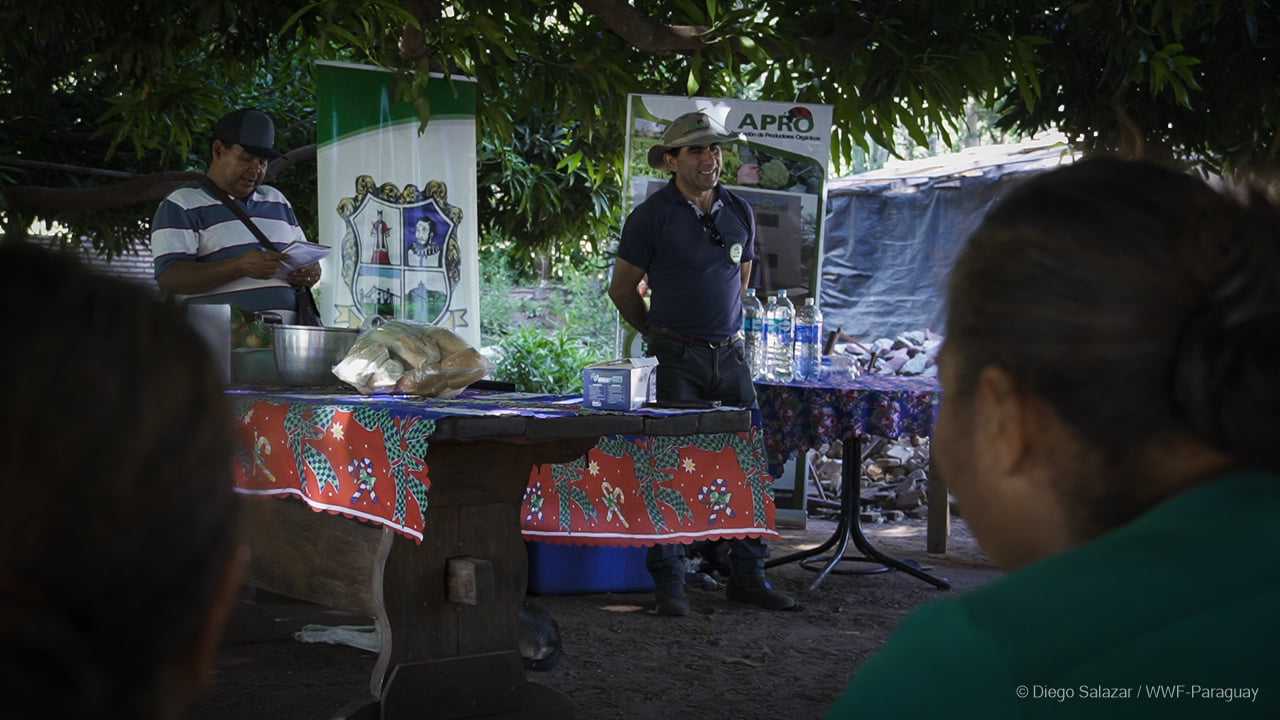
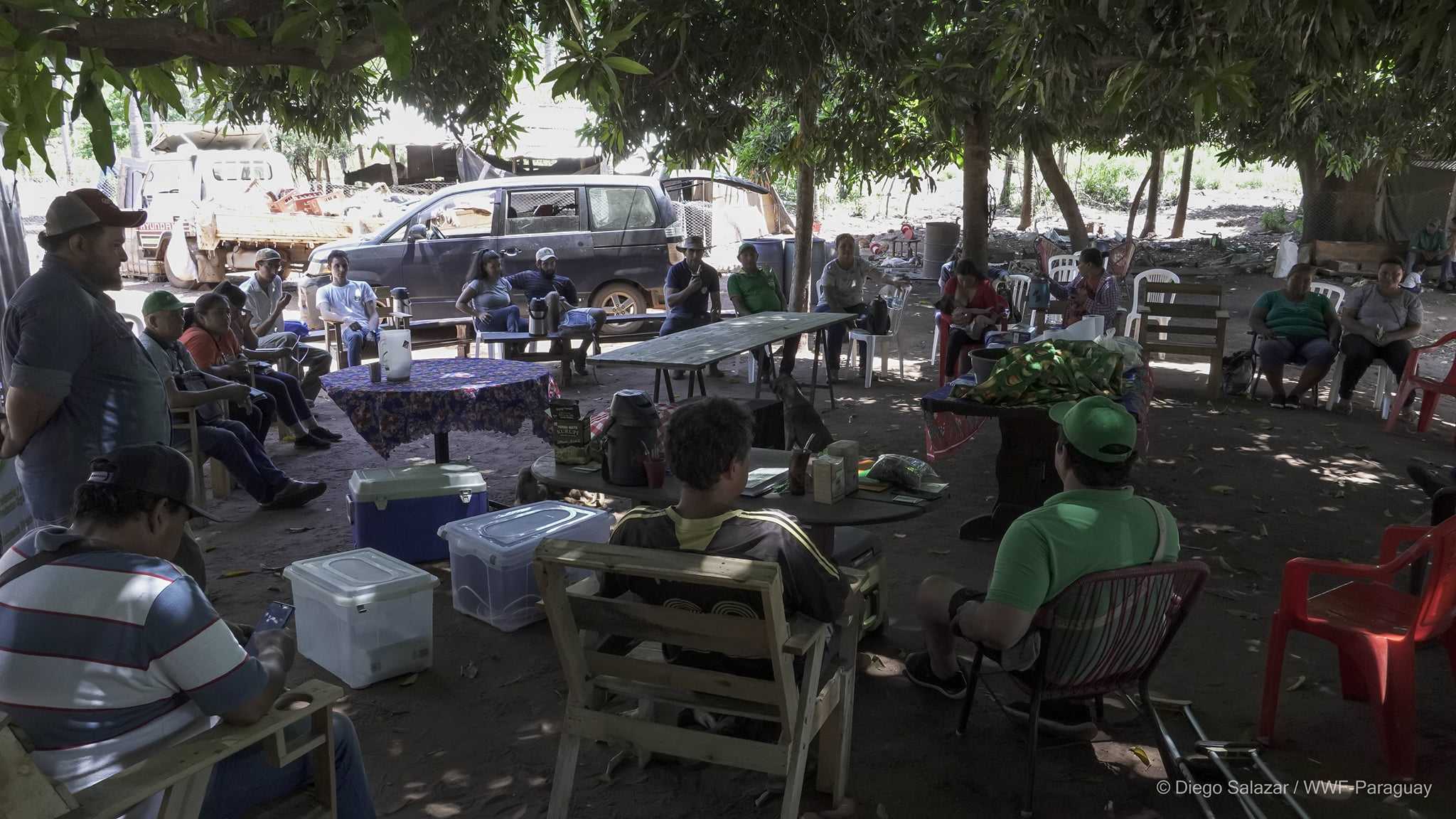
© WWF-Paraguay
South-south exchange
Future Food Together pursues an exchange of knowledge and approaches between implementation offices. Through virtual seminars and exchanges, the Thai project team shared their experiences working with smallholder farmers and PGS with the colleagues in Paraguay.
Inspired by the Thai experience, the team in Paraguay sought means to promote PGS as one tool towards sustainable food systems
PGS in Paraguay
On the backdrop of the pandemic, the Paraguayan government realized that the country relies heavily on exports. As a result, the focus was shifted on enabling shorter supply chains. Alongside, the demand for organic products has taken a big leap and organic fairs are taking place across the country. Our project team is now part of the National Organic Program, a joint endeavour between producer groups, certifiers, and private sector companies to foster organic agriculture, specifically using agroecological approaches.
At the beginning of the project, a study was developed to look into the barriers to access markets faced by farmers in project areas. The main barriers were found to be poor communication between different stakeholders, informality in terms of documentation, and a lack of adequate infrastructure and market channels. The report also shed light on a range of solutions to overcome such barriers, including the promotion of associations and organic agriculture through PGS to adapt to climate change, and to increase sales at organic fairs and supermarkets. Following the report’s recommendations, a link was established to an already existing PGS for the producers in the project areas called EcoAgro, resulting in a fruitful partnership.
Training and support
Support was given to 27 producers, providing them with trainings and marketing opportunities, as well as promoting the PGS approach in three districts through the organization Paraguay Organico. distributed across several Paraguayan districts (Itaúgua, Pirayu, Yaguaron, Ita, Piribebuy and Itacurubi de la Cordillera). Differnt workshops were organized, such as on the storage of local medicinal plants. Seeds and their conservation are of great importance to producer families, which inevitably requires adequate postharvest management, storage and conservation practices. In May, certificates were handed out to participating farmers who have joined PGS one year ago. Genaro Ferreira, coordinator of the producers of EcoAgro, summarized the work done so far, and a video was produced on the event.

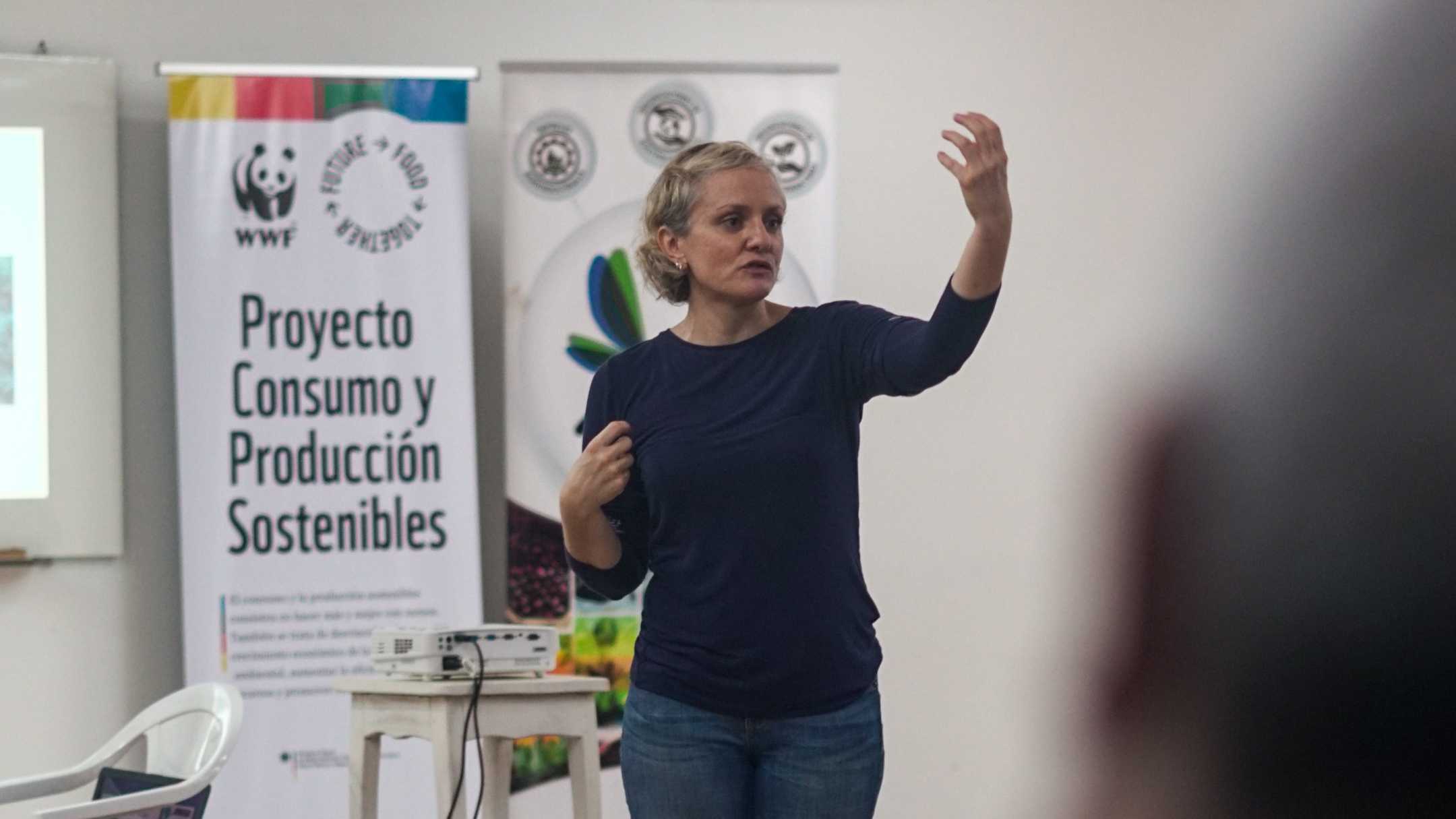
Way forward
Value chain development and market access for agricultural products from the project landscape offer the participating farmers a long-term perspective. The farmers continue to have market access for their PGS products and collaboration with partner retailers is ongoing. WWF seeks to continue integrating PGS as a locally adapted tool to strengthen organic agriculture in new initiatives, to ensure short supply chains and local supplies of sustainable food.
Find out more about or work in Paraguay here:

